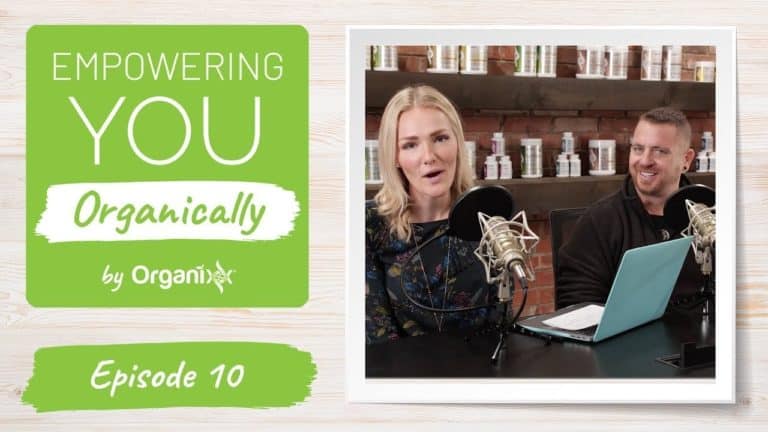Empowering you Organically – Season 2 – Episode 10
Title: Effective Goal Setting in the New Year
Hosts: Jonathan Hunsaker & TeriAnn Trevenen
Guest: Susan Peirce Thompson
What problems do people face when setting goals?
- Having the expectation that achieving the goal will make them happier.
- Not setting realistic goals
Types of Goals
- Self-Concordant – goals that are aligned with who we are, our authentic self, and with what we really want to do in our lives
- drive to be the best version of ourselves that we can be
- M.A.R.T. – is a mnemonic/acronym, giving criteria to guide in the setting of objectives/goals
- Specific – target a specific area for improvement.
- Measurable – quantify or at least suggest an indicator of progress.
- Assignable – specify who will do it.
- Realistic – state drive to be the best version of ourselves that we can be what results can realistically be achieved, given available resources.
- Time-related – specify when the result(s) can be achieved.
- Outcome-Based
Three Levels of Change
- Bullseye – Identity or becoming the person who does XYorZ.
- Slightly outer – Systems and processes we use to achieve the change.
- Furthest out – Outcomes of the change.
Maslow’s Hierarchy of Needs
- Maslow’s hierarchy of needs is used to study how humans partake in behavioral motivation intrinsically.
- Maslow used the terms “physiological,” “safety,” “belonging and love,” or “social needs” “esteem,” and “self-actualization” to describe the pattern through which human motivations generally move.
- The goal of Maslow’s Theory is to attain the fifth level or stage: self-actualization.
Keystone Habits
We have habits everywhere in our lives, but certain routines — keystone habits — lead to a cascade of other actions because of them.
What is Bright-Line Eating
Comprehensive food plan. Manages execution, longevity, and compliance over time. Changing your lifestyle.
- No Sugar or Artificial Sweeteners
- No Flours
- 3 Meals a Day – ONLY
- Manage Quantity
* * *
Subscribe to Empowering You Organically
Never miss an episode!
APPLE PODCASTS SPOTIFY GOOGLE PODCASTS
–
Episode 10 – Effective Goal Setting in the New Year





